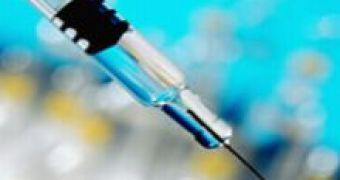CSL, a pharmaceutical company in Australia, announced that they will make public preliminary results from tests of a vaccine designed to protect against the deadly H5N1 virus.
Scientist in St. Louis will test the inert form of the virus, taking a sample from a victim in Vietnam, on about 120 children aged between 2 and 9, because children can contract the flu more easily and they have a different immune response from adults.
Recently, EU announced to increase the security on the infected areas by expanding the isolated zones from 1.6 km to 10 km. CSL previously declared that once the vaccine is completed and approved, it would take from 3 to 6 months for the company to produce enough for the treatment of every Australian.
Designing a vaccine for children may be the mile stone in treating the virus which might become transmittable amongst humans. This prototype has little side effects, as soar arms which can be rapidly treated. Some scientists are in disagreement about developing a vaccine so early because a more efficient treatment can be created based on the exact strain the virus takes.
The first tests for this prototype started in October and included about 400 volunteers with ages from 18 to 45. After administering a small dosage of the vaccine and an immunity boosting substance, the patients developed resistance to the virus and presented few side effects.
Professor Terry Nolan, CSL researcher, declared: "This is not an elective issue, this is a crisis which we're all facing and we must be properly prepared for it".

 14 DAY TRIAL //
14 DAY TRIAL //